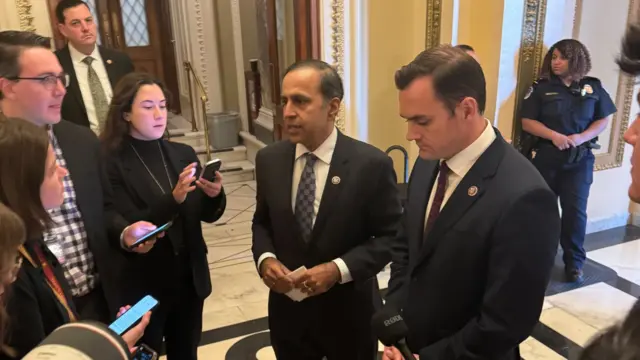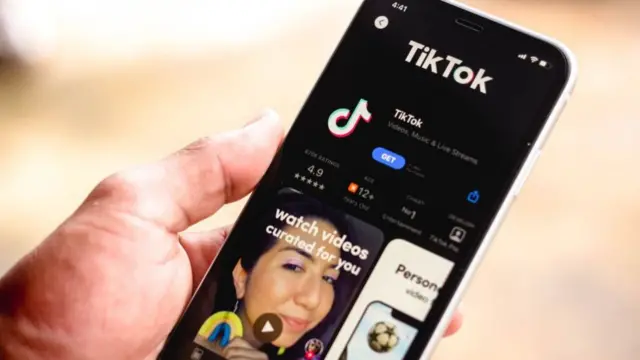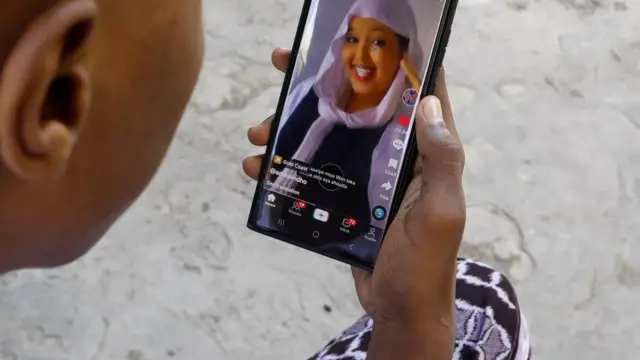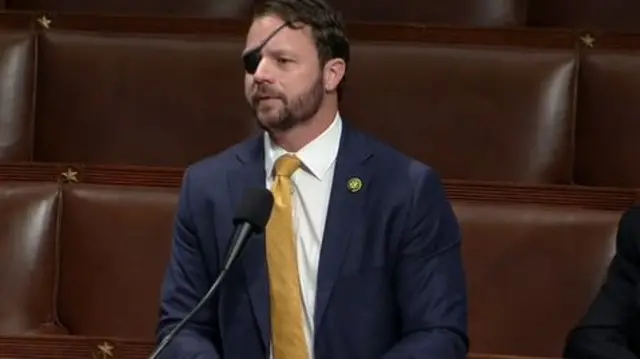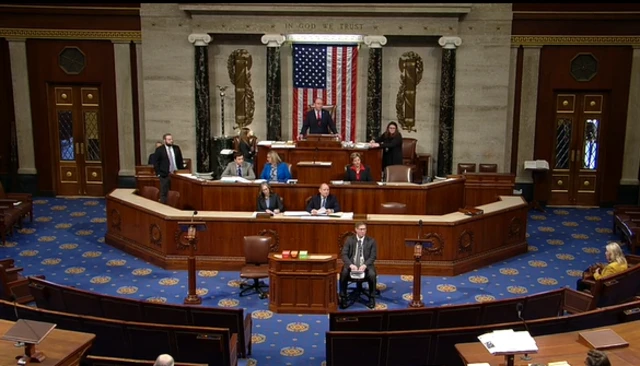Republican says TikTok 'shot itself in foot' with lobbying effortspublished at 15:25 GMT 13 March 2024
 Bernd Debusmann Jr
Bernd Debusmann Jr
Reporting from Capitol Hill
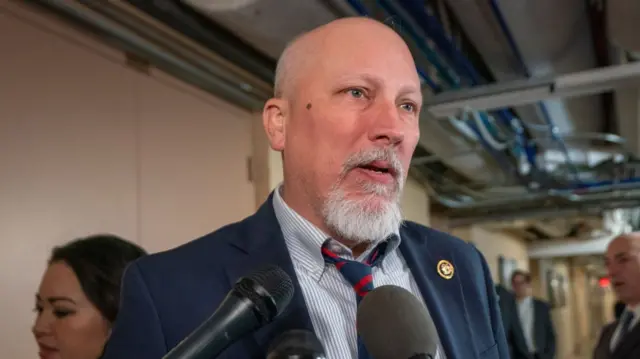 Image source, EPA
Image source, EPAChip Roy is one of the bill's co-sponsors (file photo)
I've just had a brief one-on-one with Chip Roy, a Texas Republican, during which I asked about TikTok's recent lobbying efforts on Capitol Hill - which included a plea to US users to contact their representatives and voice their opposition to the legislation.
Like other lawmakers, Roy says the effort deepened his concerns about the company.
"I think they kind of shot themselves in the foot by bringing that full-court press, demonstrating that they want to use the power of their technology to persuade people and inform them through their viewpoint," he tells me.
In his eyes, the effort amounted to "the propaganda angle that we're seeing out of TikTok".
The bill, he adds, is not solely about TikTok but will ultimately create a "framework that would apply for broadly" and target "foreign adversaries and the very data flow that would be problematic from an ownership standpoint".
On whether he believes the bill will pass in the Senate, Roy says he's "hopeful" and heartened by the support of the Senate Intelligence Committee.




